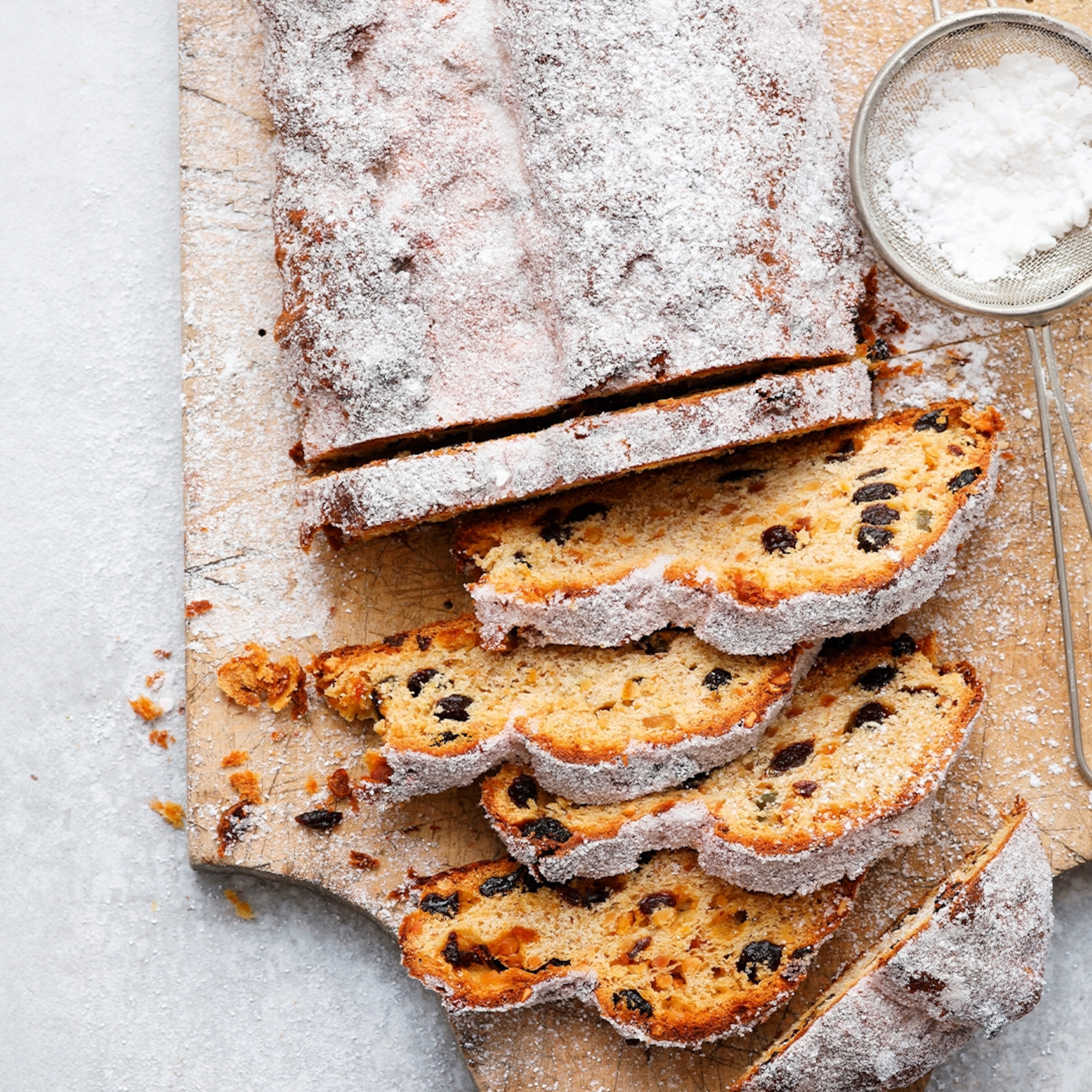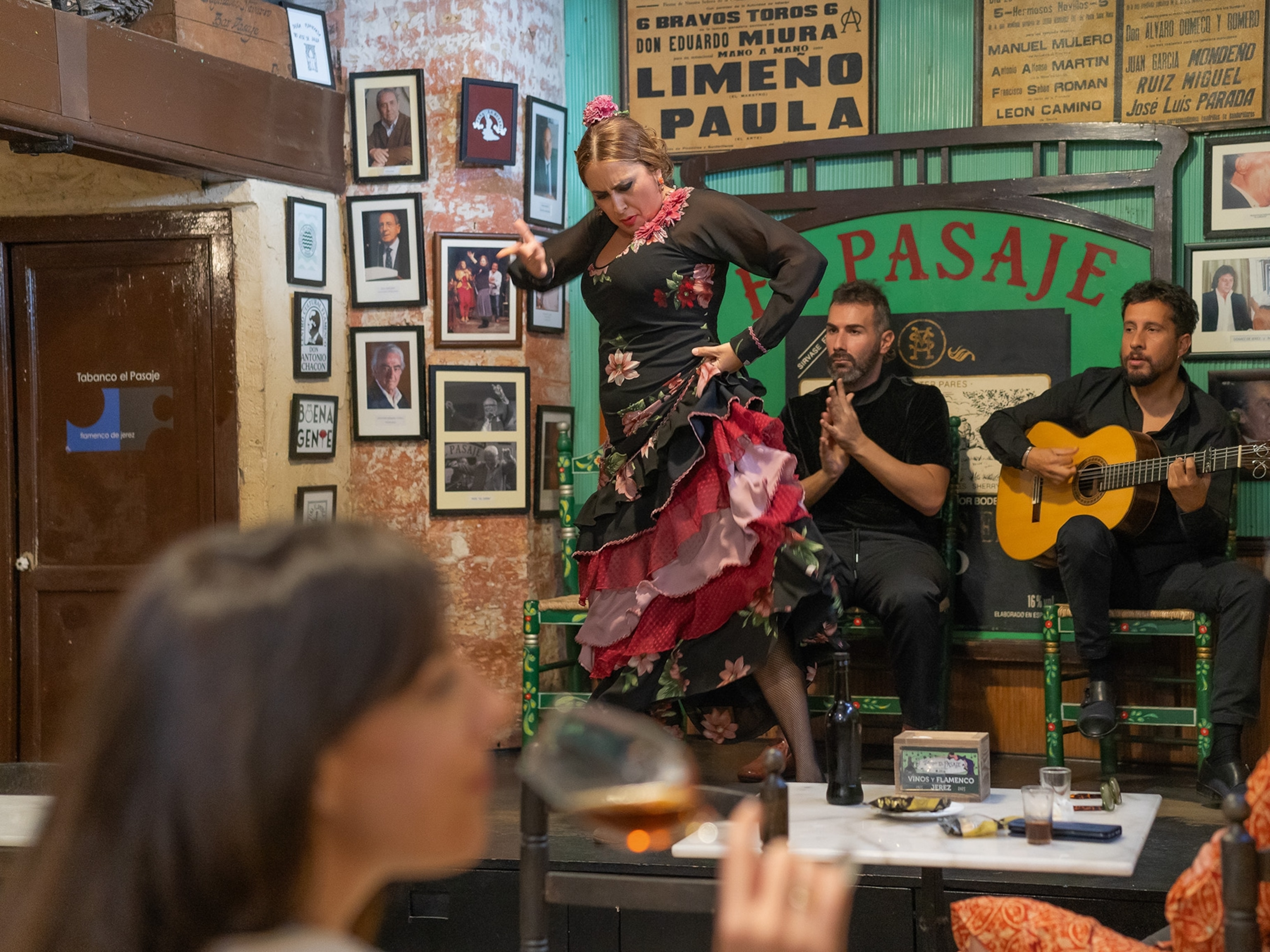
Interview with Ricky Saward, Germany's fine-dining, vegetable-led pioneer
When Ricky Saward took over the kitchen at Seven Swans, in Frankfurt, last year, he wanted two things: to retain the restaurant’s Michelin star, and to shake things up. He’s done both, and won more awards in the process.
March 2018, Ricky Saward entered the tiny kitchen of Seven Swans, a restaurant squeezed into the top three floors of a narrow old building on the River Main in Frankfurt. It was, and remains, one of only two Michelin-starred vegetarian restaurants in Germany.
Ricky was working as chef de partie at the Villa Merton, another of the city’s Michelin-starred establishments, when he received a call from Seven Swans’ then-head chef, Jan Hoffmann, who was planning to take some time off. He joined as sous chef, to hold the fort for Jan. At the end of his first month, however, he received another call: Jan wasn’t coming back.
“It was an unbelievable responsibility to come into a Michelin-starred kitchen, and I’d have been arrogant, as a sous chef, to think I could hold on to the star,” says Ricky. He knew he was going to have to do something radical to stand out amid Frankfurt’s classical, trend-led culinary landscape. Ricky decided that Seven Swans — a stylish, quirky restaurant that had hung on to its star despite reinventing itself as a vegetarian establishment just months earlier — would now serve food grown almost entirely on one site. “I had no plan, and no idea how things would work,” he recalls.
Milk and grains for the restaurant would continue to come from regional organic farms, and salt from a mine in Bavaria, but Ricky’s other main ingredients would be sourced from a single, five-acre permaculture farm, 12 miles north of the city. Today, this farm is flourishing, with almost 350 different herbs, fruits and vegetables (plus 13 beehives), but during Ricky’s first three months at Seven Swans, he had just four vegetables to choose from. Yet, rather than source ingredients from further afield, Ricky chose to stick to his principles and do the best he could with his limited options.
To supplement these vegetables — beetroot, celeriac, kohlrabi and leek — Ricky foraged for wild herbs and flowers. He also played with aromatics, as well as flavours, experimenting with techniques such as fermenting and pickling. For a sautéed leek starter, he headed to the nearby forested Taunus mountains and tapped sap from a birch tree, dressing the vegetable with both the juice and the tree’s deep-fried leaves. For dessert, an einkorn wheat pudding was elevated by beetroot sorbet, milk foam and acacia flowers. “It was simple and looked very rustic,” Ricky says, “but it was really delicious.”

Those first few months were a steep learning curve, particularly for an omnivore like Ricky. “It was a giant change,” he admits, “to learn to respect vegetables — to treat a carrot in the same way as an expensive fillet [of beef].” And fresh produce wasn’t the only thing that was in short supply; for the first six months, it was just Ricky and a first-year apprentice in the kitchen, serving 240 plates of food each night.
Given the meal description in their notes, it’s likely it was during this period that the anonymous Michelin inspectors paid their visit. Almost a year after his Seven Swans journey began, the day before Germany’s Michelin stars were set to be announced, Ricky received a call from the guide’s editor-in-chief, inviting him to the Michelin event in Berlin. “If you don’t attend, you’ll be kicking yourself for the rest of your life,” he was told. The next evening, Ricky — fresh out of the kitchen, dressed in jeans and a denim shirt — was summoned to the stage to receive the first Michelin Germany Sustainability Award. In a room full of people dressed in formal evening wear, he says he “felt like the last idiot on earth”.
Ricky says he still doesn’t really knowwhy he received the award. “I was there in front of 300 guests, including some of the best chefs in Germany, and nobody knew who I was,” he explains. “Maybe they just thought, ‘he’s really got balls to put beetroot in a dessert in the springtime because he doesn’t have anything else’.”
All of this is worlds away from the kitchen of the retirement home in Münsterland, northwest Germany, where 16-year-old Ricky learned to cook. His mother had suggested he take up an apprenticeship there when he left school not knowing what to do. Three years later, he landed jobs in hotels in Vienna and Sydney, before returning to Germany. After two years as a chef de partie in Frankfurt, he returned to the Southern Hemisphere for a five-month scholarship at four of New Zealand’s best restaurants, including Merediths, in Auckland, where Samoan chef Michael Meredith’s culinary style left a lasting impression on Ricky.
“I was only 22 and everything was brand new. Every day we drove to a different farm, into the fields and the forest, and picked things. I had no idea what Michael was doing and I only knew 10% of the ingredients we worked with, but it was so much fun. Eventually, I understood his ideas and philosophy and I realised that was what I wanted to do.”

Ricky returned to Frankfurt, taking up a sous chef position in a classical French kitchen, where he remained for three years before moving to a more relaxed, seasonally-focused neighbourhood restaurant. In 2016, Ricky came third at the San Pellegrino Young Chef Awards. That evening, he realised that if he wanted to place any higher, he was going to have to learn from the very best chefs. Ricky decided that from then on, he would only apply for jobs at establishments with Michelin stars. Accordingly, his next role was at Villa Merton, followed by the move to Seven Swans.
So what’s next for Ricky, now that he’s held on to that star? “I was never really a big planner,” he admits. “I said to my mum a few months ago, ‘if nothing great has happened by the time I’m 30, I think I’ll stop’. But now I’m 30 and the youngest vegetarian Michelin-starred chef in the world, so I’m going to keep going for a bit.”
As well as running the kitchen at Seven Swans, Ricky has been acting as a consultant on the more down-to-earth menus of its sister restaurant, Leuchtendroter, a bar and bakery in Frankfurt’s East End district. “At some point in the future, I wouldn’t mind having my own small restaurant somewhere, perhaps in New Zealand,” he says. But in the meantime, the young chef isn’t resting on his laurels — Ricky’s currently making his own black garlic, brewing up some einkorn wheat miso and sake made with pearl barley, and has his sights set on one goal above all others: “I’m absolutely focused on getting a second star.”
Published in the September 2019 issue of National Geographic Traveller (UK)
Follow us on social media
Twitter | Facebook | Instagram | Flipboard






